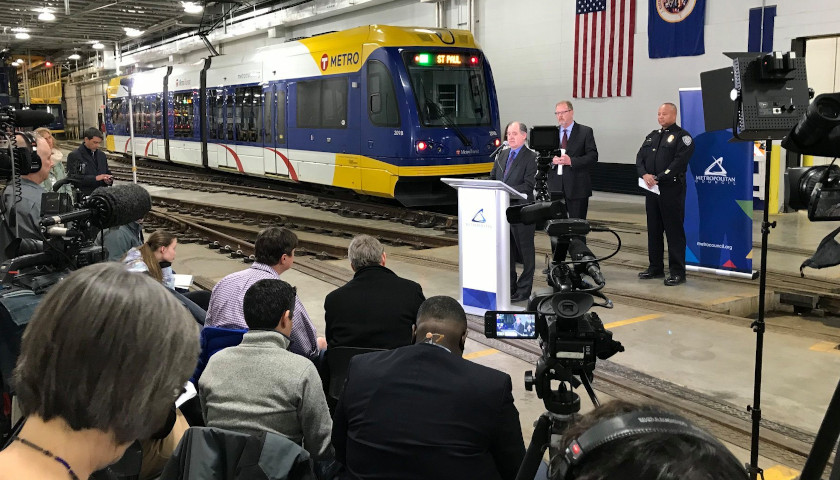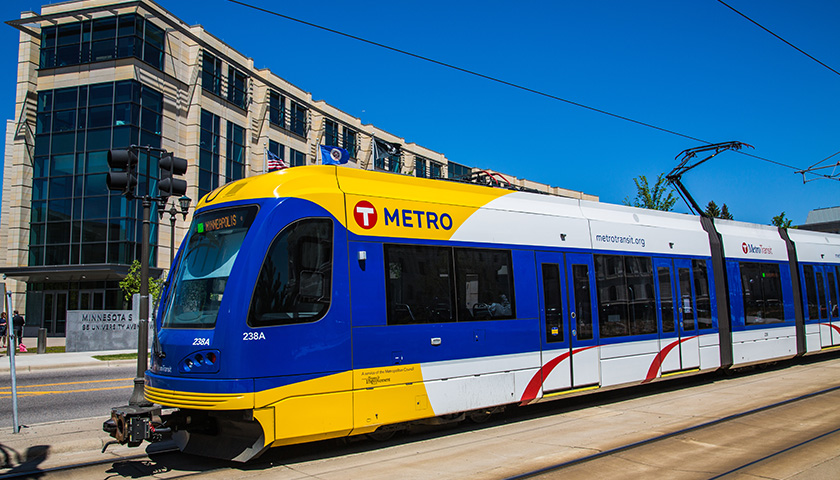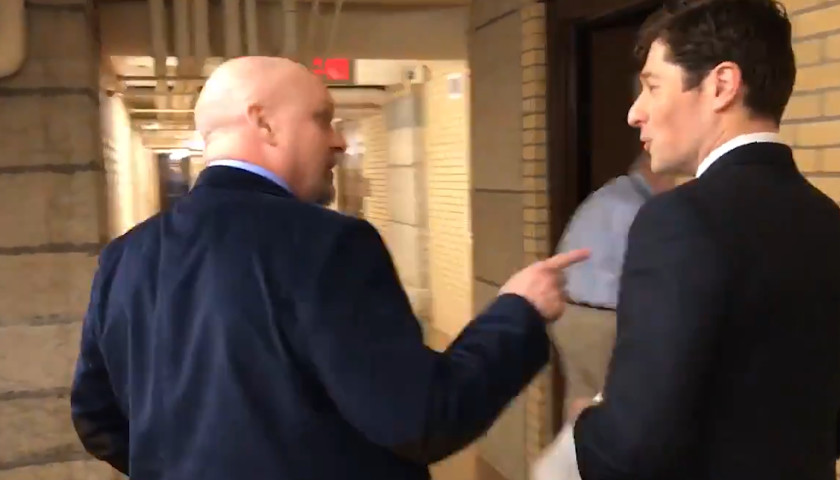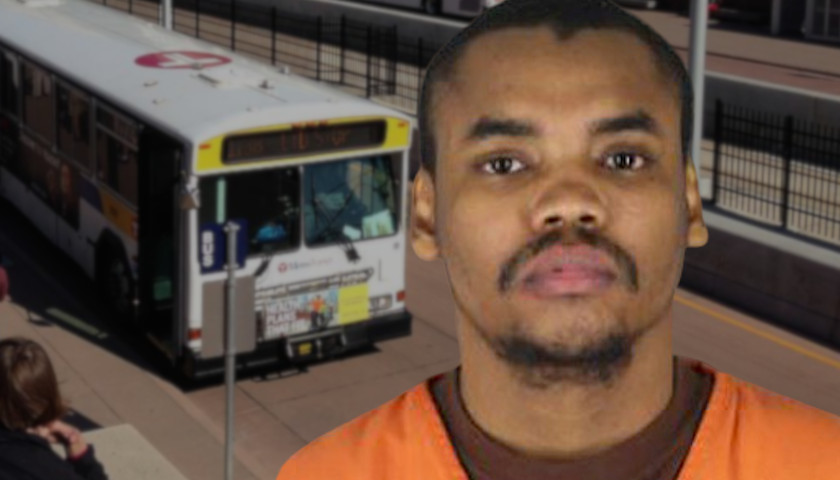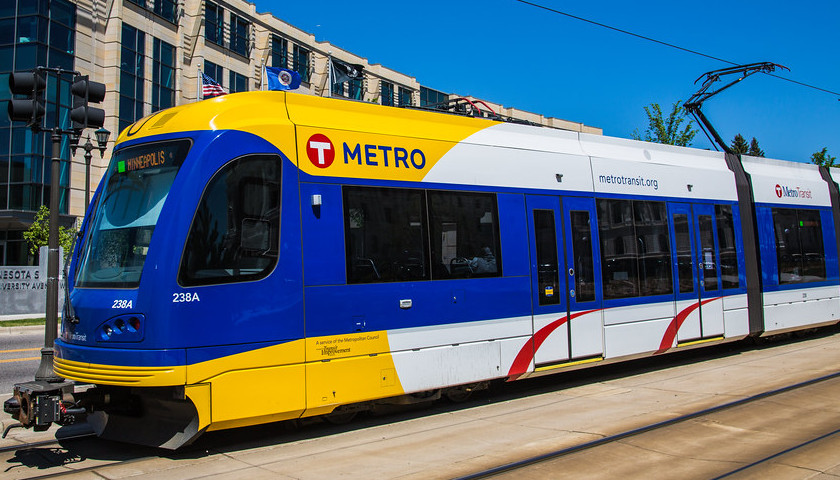by Scott McClallen
Metro leaders testified in front of the House Transportation Finance and Policy Committee Thursday to discuss transit safety solutions a week after a fatal bus shooting.
Aggravated assaults on buses and trains have tripled over four years, Minnesota Public Radio reported.
Metropolitan Council Chair Charlie Zelle said initiatives, including adding plain-clothed Metro Police officers, doubling staff for the “text for safety” program in which passengers can report trouble, and requiring Metro Police to work overtime, could help.
“Where we’re with Met Transit is not where we should be,” Zelle said. “In fact, it’s unacceptable.
“We need to not only up our game, but set a standard we can achieve with your help, with our intention and management, but also the partnership of many organizations,” he said.
In 2020, the department is adding real-time video cameras in all 90 light rail vehicles so officers can respond to events as soon as they happen, Zelle said, using an example of a person who bought and was about to inject heroin on a train platform but was stopped by the camera controller.
Zelle advocated for HF 3085, which seeks to decriminalize fare evasion and add 35 transit ambassadors to check tickets and write citations, increasing up to 90 full-time staff when fully implemented.
According to Zelle, the bill isn’t soft on crime because using transit ambassadors would free up police to stop violent crime through more eyes and ears on trains and platforms, he said. Using an administration citation instead of a misdemeanor would be more effective because those who didn’t pay would be sent to collections, he said.
Out of the 15,000 citations in 2019, only about 45 of those people paid the fine, Zelle said.
Metro Transit General Manager Wes Kooistra testified that providing a safe and welcome culture is Metro’s top priority.
The Metro Council is spending $1.8 million in one-time funds in 2020 to offer more than 20,000 additional hours for part-time or full-time officers, Kooistra said.
Those officers would target crime and nuisance issues such as smoking, alcohol possession and loud music, he added.
Chair of Transportation Finance and Policy Division Rep. Frank Hornstein, DFL-Minneapolis, said the committee won’t vote on HF 3085 immediately because members just received its fiscal note, which isn’t yet available online.
HF 3085 is supported by Move Minnesota, a nonprofit advocating for equitable transit, the Minneapolis Regional Chamber of Commerce, and the Saint Paul Area of Commerce.
Rep. Jon Koznick, R-Lakeville, said he appreciates the emphasis on light rail safety.
“The taxpayers expect to be able to have a top-class transit system without fear of being victimized,” he said.
Koznick said the two groups might disagree on how to fund the changes, adding that taxpayers are already paying significantly through increased sales taxes in Hennepin and Ramsey County, but that he looks forward to working together to find a solution.
“I think we need to look at current revenues that are within the system – millions and billions of dollars – and it’s not too much to ask that as an operational expense, security in the transit system is addressed and prioritized,” he said.
Koznick said that Republicans would soon unveil legislation to reduce crime on the metro system.
The House Transportation Finance and Policy Committee may take up HF 3085 within the next two weeks.
– – –
Scott McClallen is a staff writer covering Michigan and Minnesota for The Center Square. A graduate of Hillsdale College, his work has appeared on Forbes.com and FEE.org. Previously, he worked as a financial analyst at Pepsi.
Photo “Metro Transit Press Conference” by Metro Transit.

